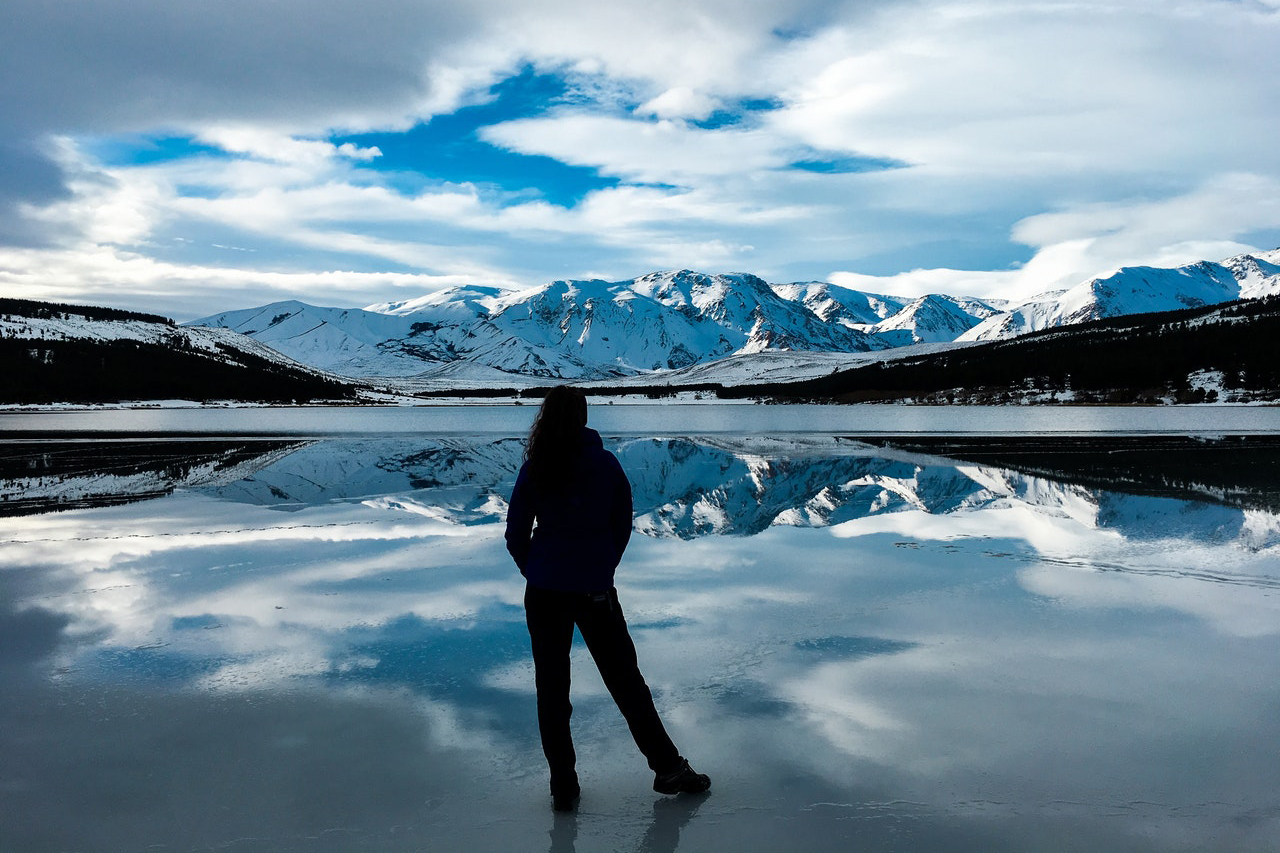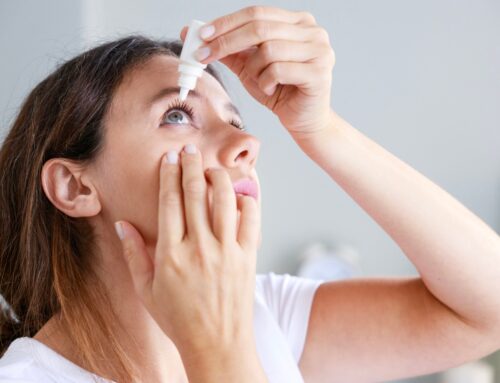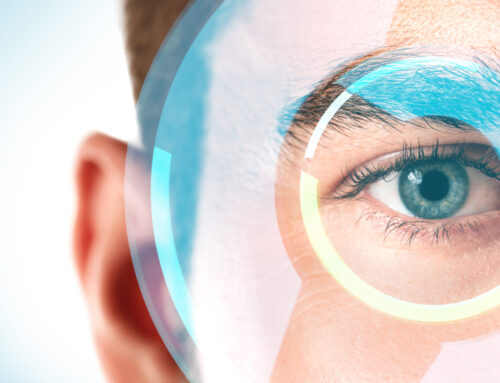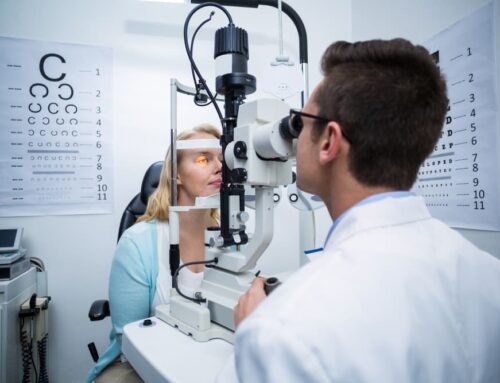What should you know about snow blindness?
Are you going skiing this winter? Snowboarding? Or do you plan to miss the cold weather entirely and spend the winter months on a beach somewhere, sipping a cold beverage and gazing out into the ocean?
Regardless of your decision, Eye Care Professionals would like to take this opportunity to discuss what you should know about snow blindness, a painful condition that can arise when you spend too much time out in the snow – or, conversely, too much time on the beach.
What is snow blindness?
Snow blindness, a common form of photokeratitis, is a medical condition caused by overexposure to UV rays. People who develop snow blindness often spend several hours out in the snow without proper eye protection. Snow and ice can reflect UV rays into the eyes, resulting in a burned cornea. In fact, snow blindness is actually a form of sunburn.
Despite the name, snow blindness can also result from UV lights reflected from sand or water. Tanning lamps, tanning beds, and arc welding can lead to the condition as well.
What are the symptoms?
Symptoms of snow blindness include:
- Eye pain
- Blurry vision
- Gritty sensation in eye
- Red eyes
- Increased sensitivity to light
- Headache
- Swollen eyes or eyelids
- Vision loss
Just like other sunburns, snow blindness is not immediately painful. It may take several hours after UV exposure before symptoms appear.
What is the treatment?
Thankfully, snow blindness is a temporary condition and typically resolves itself within 24 to 48 hours. In the meantime, you can take steps to relieve some of the pain and discomfort.
- Remove your contact lenses as soon as possible
- Wear sunglasses
- Stay indoors
- Refrain from driving
- Regularly moisten your eyes with artificial tears
How can snow blindness be prevented?
The best way to prevent snow blindness is to wear proper eye protection. If you’re planning to spend several hours in the snowy weather, wear snow goggles that are designed to block UV rays. If you’ve got warmer plans this winter, you can wear sunglasses that are designed to block or absorb 99 percent or more of UV rays.
Are you experiencing symptoms of an eye condition? Eye Care professionals is eager to help. Contact us today to set up a comprehensive eye examination!











